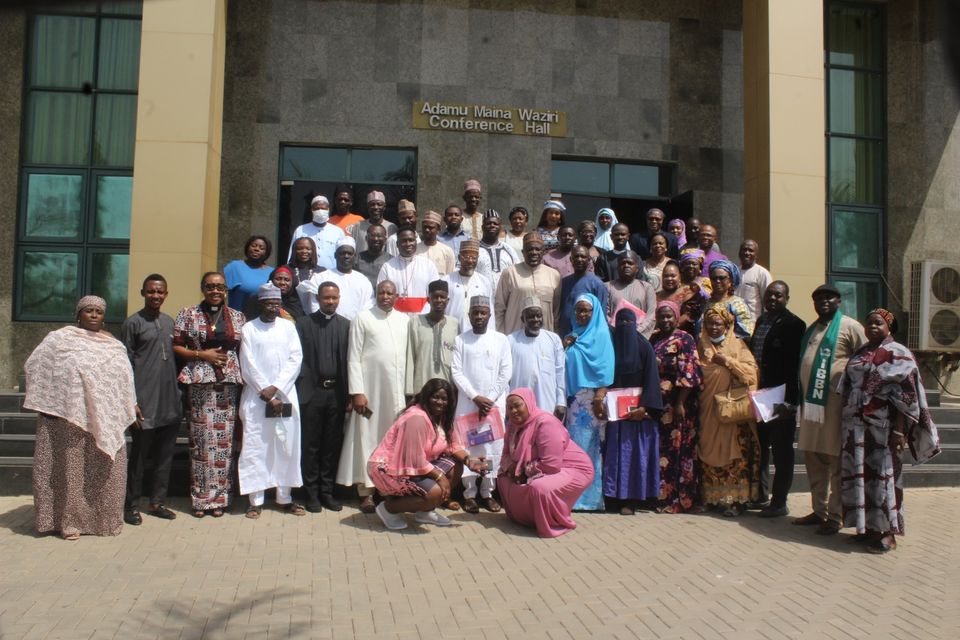High-Level Dialogue on Insecurity and COVID 19 with Policy Makers and Religious Leaders in Nigeria
- Home
- High-Level Dialogue on Insecurity and COVID 19 with Policy Makers and Religious Leaders in Nigeria
High-Level Dialogue on Insecurity and COVID 19 with Policy Makers and Religious Leaders in Nigeria
According to UNHCR, about 3.3 million people remain displaced by the Boko-Haram insurgency, while over 2.5 million internally displaced persons (IDPs) are in north-eastern Nigeria. In addition, women and child headed households are considered to be amongst the most vulnerable, including a higher risk of sexual and physical violence. As Boko Haram rages in the northeast, other parts of the country were facing ethnic, religious and political violence that has seen a large scale displacement of people leading to negative rhetorics manifesting in hate speech and ethnic cleansings. This prompted the Interfaith Dialogue Forum for Peace (IDFP) to organize this project with the title “High-Level Dialogue (HDL) on Insecurity and Covid-19 with Policy Makers and Religious Leaders in Nigeria”
The country has seen a sharp and strong division among Christians and Muslim leaders on the mission of Boko Haram whether the group leads a misguided ideology or runs a campaign to eliminate Christians in Nigeria and the Sahel as well as the continuous violence in other parts of the country. Presently, Kaduna state has witnessed a complete breakdown of peace in the southern part of the state with government and religious communities pitched against each other.
The COVID 19 pandemic added to the intractable challenges and vulnerabilities faced in Nigeria. Notable to note, many states have declared a ‘lockdown stay at home directive’ which have affected the livelihood of many citizens. The pandemic has brought to limelight the often lack of preparedness by the government and citizens of Nigeria raIsing fears in the beginning that Nigeria and Africa will face heightened crisis in dealing with the pandemic. It is worthy to note that Nigeria and indeed Africa had battled a similar novel pandemic called “Ebola” with modest success. It was expected that the quick interventions on Ebola will help Africa to develop a strategy that responds to future pandemics but it was not to be.
For more than 10 years since the emergence and activities of the dreaded Boko Haram and communal violence, religious leaders from the one main religions in Nigeria have yet to openly and contructively engage in dialogue towards developing common strategy to respond to the crises. The category of conflicts exists mostly in the Northern part of the country where the main protagonists are Hausa/ Fulani muslims and Christian ethnic minorities. In Nigeria, certain constant factors breed and nurture religious violence with obvious consequences on the stability order of the citizens. The end result of these conflicts results to large scale physical displacement and forced relocation of individuals, families and groups. The spate of this violence in the past decade has certainly resulted in varying degrees of Internally Displaced Persons and these circumstances spring forth cases of Human rights violations and Gender Based Violence. It is crucial to provide a platfrom for religious leaders to engage directly with policy makers in attempt to build common partnership in responding to the security threats and mitigate the impact of the conflicts.


